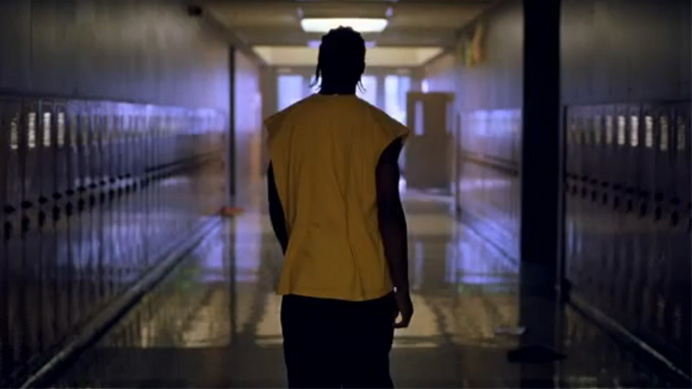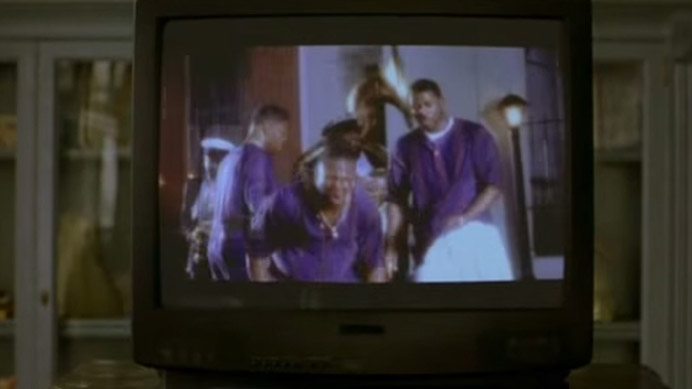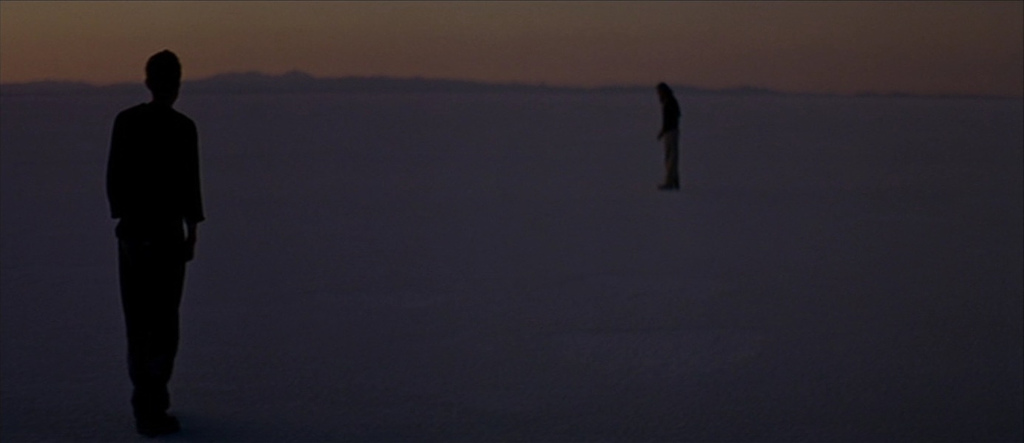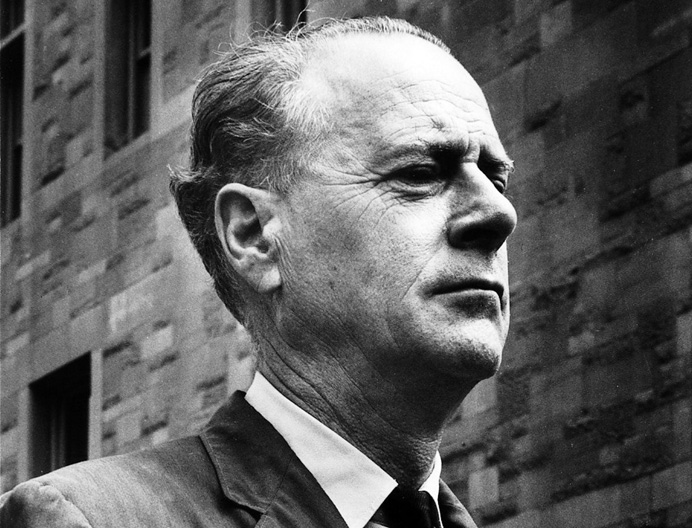
Gus Van Sant is one of those filmmakers people call ‘interesting’. On the one hand, the man’s capable of all sorts of good semi-mainstream films, from Good Will Hunting to My Own Private Idaho. But on the other, he’s responsible for slightly-too-arthouse-for-arthouse films like Even Cowgirls Get The Blues, the almost-shot-for-shot Psycho remake, and what has come to be known as his ‘Death Trilogy’—Gerry, Elephant, and Last Days.
The entire death trilogy sits in the high-fifties, high-sixties part of Rotten Tomatoes that seemingly means ‘slightly above average’, but in practice has come to mean ‘people either think it’s truly fantastic or total pretentious garbage’. (And given that this is the man who remade Psycho, maybe there’s some truth to that latter view.) But each of the death films gave me some thoughts about cinema and philosophy, so I thought I’d write a piece on each of them and try and get those thoughts straightened out.
Continue reading Examining Gus Van Sant’s Death Trilogy (Part 1)
 Last Days (2005)
Last Days (2005)


